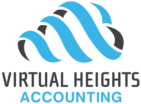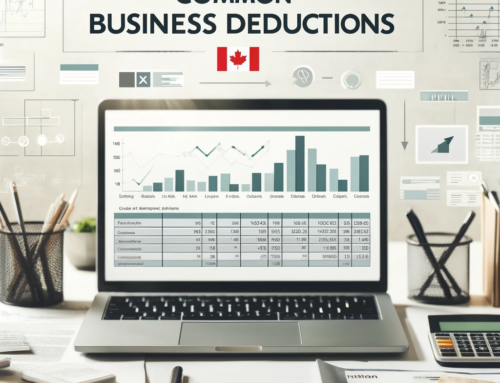Tax Time Tips
Normally, my blogs are dedicated to small business owners everywhere. As my first blog post of 2017, I wanted to get a little more personal – on taxes! Small business owners whether they are incorporated or operate as a sole proprietor need to think about personal taxes too. As we creep closer to the dreaded tax season, I wanted to provide a quick summary on some changes you will see when filing your personal tax returns for 2016.
Child Fitness Tax Credit / Child Arts Credit
The Liberal budget of March 2016 announced that these credits will be phased ot. Parents will want to optimize what they can in 2016 which will be the last year its available. In 2016, the Child Fitness Tax Credit will be reduced from $1,000 to $500 while the Child Arts Credit will be reduced from $1,000 to $500. The CFTC credit is a refundable credit for the 2016 tax year which means that you will receive it even if you are not taxable. The Child Arts Credit remains a non-refundable credit.
Personal Rant: Some parents may be upset by the phase out – personally, I think its great! I feel our tax dollars would be better spent not administering these smaller tax credit programs. This program put a lot of undue stress on smaller sport NPO’s to issue strict receipts. Now they will be free to focus on creating great programs! Hopefully parents who do feel the
impact will feel greater impact from some of the tax benefits coming their way such as the Canada Child Benefit.
Canada Child Benefit
In 2016 we saw the end of the Universal Child Care Benefit (UCCB) and the implementation of the Canada Child Benefit (CCB). The main item you will notice when filing your personal tax return is that the CBT is not taxable while the UCCB was. This offers a greater advantage to middle and lower income earners. As the CCB is phased out at higher income levels, some parents will lose their advantage in this area.
Principal Residence
Did you sell your principal residence in 2016? If you did – you will need to report some basic information if you want to claim the principal residence exemption (tax free exemption). This is new to the 2016 year and is an important item to remember if you sold your home.
There are many other important changes which I have chosen not to cover above such as increases to childcare deductions, decreases to TFSA contribution limits and the elimination of the family tax credit (not available in 2016). If you are a middle income earner ($45,282 to $90,563) you will also see a decrease in your tax bracket while high income earners (over $200,000) will see an increase.
Lot’s to think about as we start of the year. Let’s make it a good one.
This blog is created for informational purposes only and although every effort is made to ensure the content is accurate, it should not be relied upon on for tax advice. Alissa Bryden, CPA, CA is the owner of Virtual Heights Accounting. Virtual Heights Accounting is a CPA firm that focuses on automating the accounting processes of small businesses and provide services such as tax, bookkeeping, year end and payroll. For more information contact us here.





